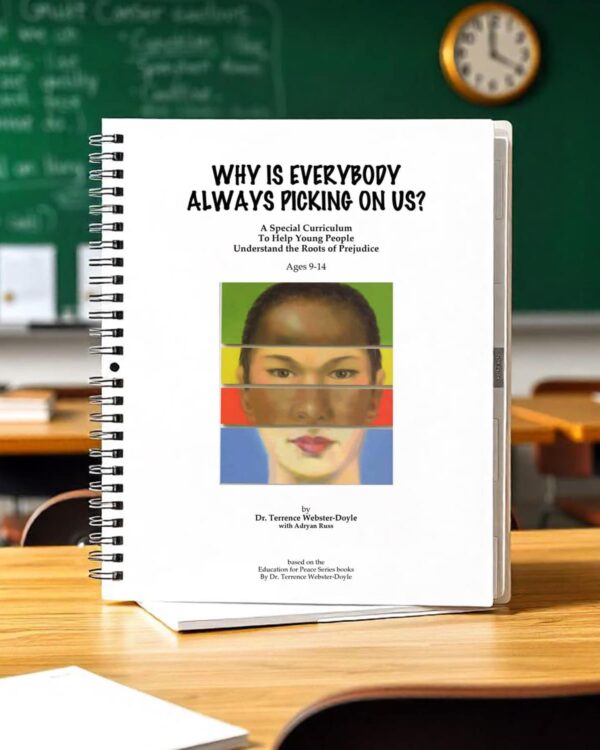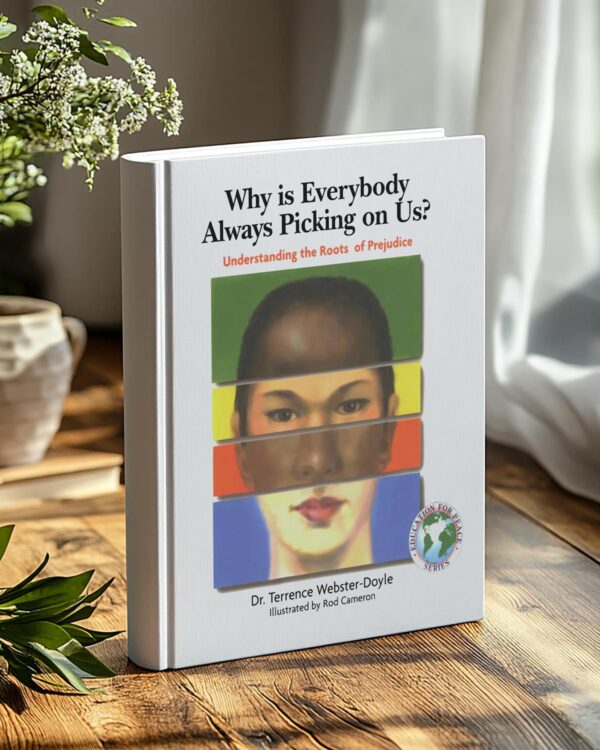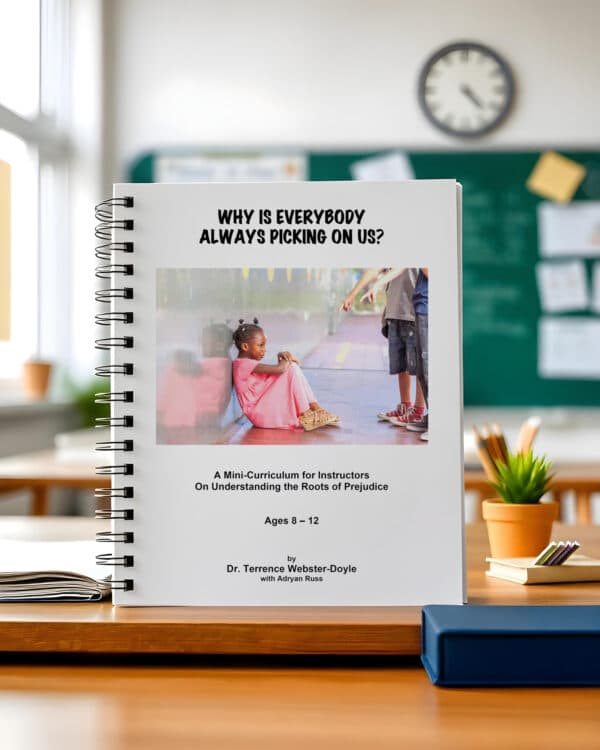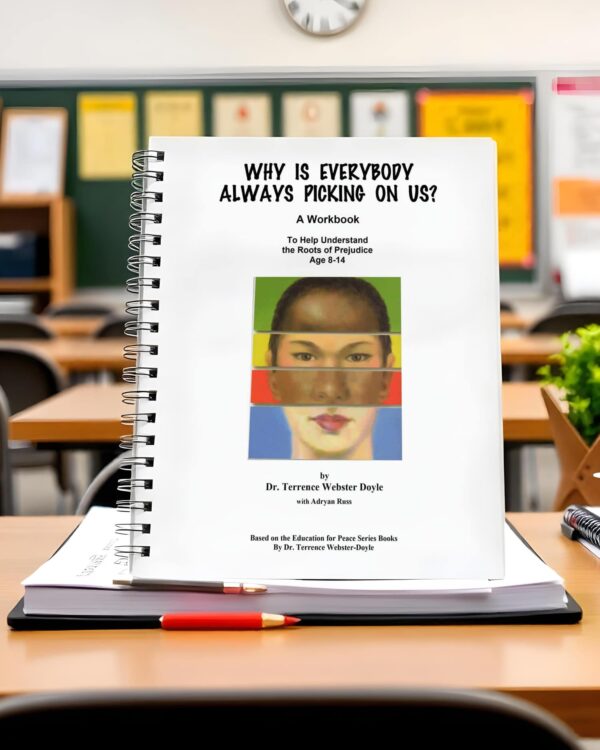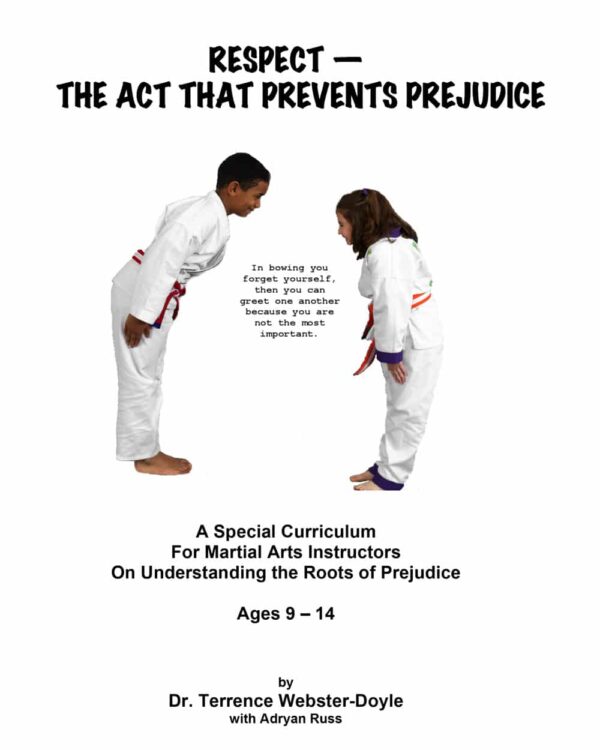What Is at the Root of Authority? Understanding Inward and Outward Control

The basic definition of “authority” is: The capacity to exert an influence; the right and power to command, decide, rule, or judge. There is the authority that governs the physical aspects of life. There are two basic authorities we deal with in everyday life: those that rule the physical (material) aspects of life, and those which govern the mental (psychological).
Once we carefully explore this, perhaps we can understand the correlation between inward authority and how it leads to identifying with outward authorities.
Physical Authority
An example of physical authority would be an auto mechanic that helps us decide the best thing to do for our vehicle. Another might be a cookbook, something we turn to when looking for ideas to make delicious meals. A person aspiring to athletic excellence seeks the advice of a good trainer. In a fire emergency, we follow the commands of the firemen rescuing us from peril.
It is quite apparent that when it comes to material or technical situations, we can see the necessity for authorities. They provide society with their expertise to help resolve material dilemmas.
For without such authorities, civilization would surely collapse.
Interested? Keep Learning
-
Why is Everybody Always Picking on Us? Curriculum
Download Now$10.00 -
Why is Everybody Always Picking on Us? Book
Download Now$10.00 -
Why is Everybody Always Picking on Us? Mini Curriculum
Download Now$10.00 -
Why is Everybody Always Picking on Us? Workbook
Download Now$10.00 -
Respect: the Act that Prevents Prejudice Curriculum
Download Now$10.00
Psychological Authority
In this area of human life, it is more subtle, obscure and demanding. The two distinct expressions are: the ‘outward’ and the ‘inward’, yet one leads directly to the other.
Psychological authority is the urge or craving to control what we think and feel at any given time.
“I shouldn’t think a certain thing”, instead, “I ought to feel happy”. This idealistic substitution is the authority that we mistakenly assume we “should” strive toward — this is our conditioning or programming that drives the average individual.
When faced with troubling inward states of mind, we then look outside of ourselves for help to escape from it. People who present themselves to society as such helpers, unknowingly, add to our confusion by encouraging us to trust that their formulas or systems will extinguish our insecurities.
Authorities lead us through their promises of delivering us from our pain, provided that we follow (without question) their system of salvation. Their goal is to teach us how to fabricate: happiness, virtuosity, love, peace, or bliss.
As a result, we dwell on the thoughts/feelings that are desirable. And we dismiss, repress or avoid feelings of uncertainty, insecurity or apprehension. Therefore, our conduct with others is motivated by psychological choice.
The result is relating to oneself and others based upon ones imagination, rather than reality. We try to remember when we spontaneously felt at peace, serene and we superimpose that memory over the current mental disturbance, in an effort to eliminate it.
Through our fear of mental pain, we habitually rely on our own “inner” authority of psychological memory whenever it suits us. So, the movement of psychological authority, in its root nature, is from the inward toward the outward.
Outward Authority
We are conditioned from childhood to base our entire lives around some type of psychological authority, regardless if it is positive or negative. It has become deeply ingrained in us. And because it is so well established in our minds, we rarely consider questioning this ancient pattern of living.
In the outward authority, there is the confident leader who everlastingly encourages us to carry out their methods, instructions or tenets in order to achieve our own salvation or reward in the future. The authority offers hope to those who are in despair.
Once we presume that an outside authority will deliver us from our turmoil, we’re forever obligated to be mentally subservient and praise that outside authority, which gives both the leader and the follower a false sense of power, control or superiority.
Isn’t it our own craving for inward security, from unwanted states of mind, the very source of our bondage to psychological authorities, both inside and outside of ourselves?
But what is it that causes us to be in despair in the first place? In order to answer that we have to take a look at what creates despair, sorrow or psychological insecurity.
The purpose of learning the truth is not to condemn nor justify it. It is to understand the movement of despair, so that we can intelligently relate to ourselves and get along with others.
Inward Authority
Our psychological self basically consists of our thoughts, feelings, desires, hopes or fears.
Initially, the mind is whole, undivided. It first perceives its responses to others with no judgment, influence or command. It hasn’t tried to alter what has come to its attention, yet. And in this state of reality there is no authority, no manipulator. There’s only the pure awareness of itself, in the original state that spontaneously arose.
Despair arises the instant that awareness erodes into the “thinker” and its “thought”.
When awareness is split, the “thinker” assumes the role of an “authority” which controls, shapes its thoughts/feelings. The “thinker” then judges its thought/feeling as good/desirable or bad or right or wrong.
The desirable expressions are on one side of the coin, and the undesirable ones are on the opposite side of the coin. But it’s still one coin divided against itself, with one side being promoted while the other side is being rejected. The mind is then contradicting itself — that is despair.
Once you realize that the thought manipulator is ones own thought, then there is no longer a division or contradictory action to try to change its thought. It can see the futility of that. It would be like fire trying to become water. Anything it does would be born of flames and could never change that fact. Similarly, the mental misery can only produce more of the same.
But to be aware of the facts about its limitation is a totally different action, because there is only awareness, a non-struggling state.
Accepting reality or facts is not the same as trying to change it.
Yet, a radical change has happened. The authority who wishes to change its condition dissolves the very moment it learns the truth about this fallacious pursuit.
Isn’t, therefore, our inherent responsibility to look, study, explore and understand our psychological thought process, from moment to moment?
For when we don’t learn about the reality of our inward movements, we automatically become parasites subsisting off one authority after another, ones ideals, images. Authority inhibits our freedom to learn the truth about our minds as it spontaneously unfolds in our daily relationships with ourselves and each other.
The root of authority is to sustain ones ignorance about psychological desire, division and conflict both within and without.
We are adding here the comments of Valerie Lombard, the author of this article, about the rewriting done by the copy editor. We thought this would be interesting for the reader to see.
Excerpt from Valerie Lombard’s letter to Jean Webster-Doyle at Taking Time.
As far as the editor’s rewrites, I used some of her phraseology. But when she said, “The purpose of seeking the truth is…” I don’t look at it like a mission to “seek” something. I’m coming from a standpoint of dealing and understanding the problem by facing it and seeingit as is.
I’m trying to get the readers to use their diligence to study the way this thing is working, and in that examination flowers their own power to figure out how their mind can deceive itself. Deception can only continue as long as it goes undetected by a mind that is not studying its own movements.
You mentioned on the phone how insecure you felt about how things turned out. Now can one be aware of that state without trying to improve it? Can we just see the importance of being aware of any state of mind we happen to be in? Can we let that awareness be enough, without our conditioning tricking us into thinking that we have to fix that state of insecurity?
After all, facing the truth is a very secure action in and of itself. There really is no need for a method to be better than we are, is there?
For the entity making that adjustment is in itself incapable of providing that so-called “better” state.
It’s very hard to convey to a deeply programmed brain the value and power of simply “seeing” the truth about oneself.
Because in the physical world when we are faced with a problem, it is absolutely necessary to use a plan to fix it.
Unfortunately, we believe that we have to do something about our insecure feelings. It’s hard to accept the simplicity that the only action necessary is to be attentive to ourselves, psychologically.
It shall always remain a mystery to our egos exactly what the energy of perception is doing to the problem it is observing. And because the ego can never know about that, it doubts that anything is happening to the problem. So it jumps to the conclusion that I have to use my database of images/memories to cover up this problem.
And all that does is exasperates the matter in the long run.
